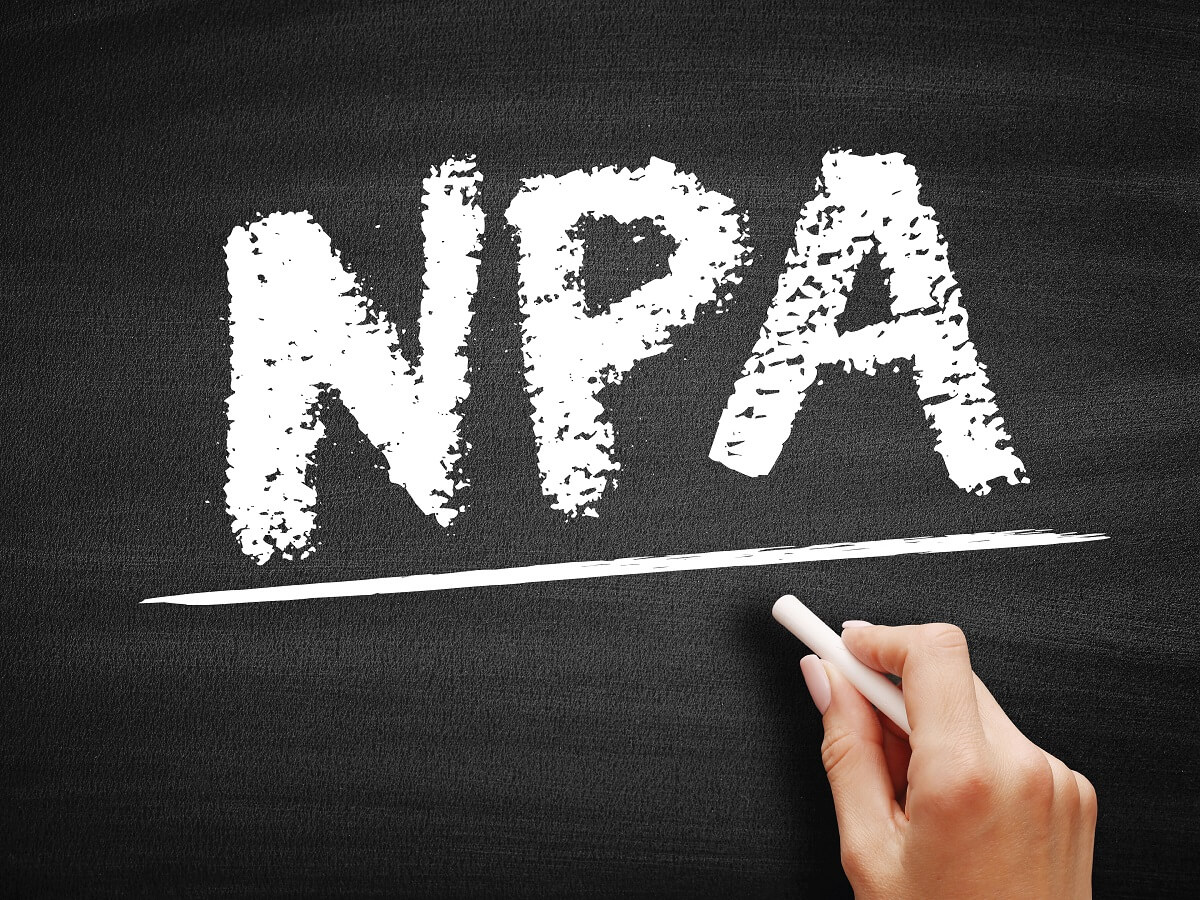If you've taken out a personal loan, it's crucial to understand the potential consequences if you find yourself unable to repay it.
While secured loans like home or car loans allow lenders to claim the collateral, unsecured loans such as personal loans don't provide immediate access to your assets. However, in cases of default, lenders have legal avenues to recover their dues.
In this blog post, we will explore what happens when personal loans become a Non-Performing Asset (NPA) and how borrowers can navigate this situation.
Types Of Non-Performing Assets (NPA)
Before we delve into understanding what happens when personal loan become a Non Performing Asset (NPA), it's essential to grasp the different types of non-performing assets and their classifications based on the duration of their non performance.
- Sub-standard assets: An asset is classified as a sub-standard asset if it remains as a non performing asset for up to 12 months. These assets are characterised by the existence of credit weaknesses that may lead to the borrower's inability to repay the loan.
- Doubtful assets: An asset is classified as a doubtful asset if it remains as bank non performing assets for more than 12 months. Doubtful assets have all the weaknesses inherent in sub-standard assets, with the added characteristic that the weaknesses present make the collection of the debt highly questionable and improbable.
- Loss assets: An asset is considered a loss asset when it is “uncollectible” or has such little value that its continuance as a bankable asset is not suggested. However, some recovery value may be left in it as the asset has not been written off wholly or in parts.
Damage Control At First Instance
When you miss multiple consecutive EMIs, your loan account is classified as an NPA by the lender. At this stage, legal proceedings are initiated by the lender to recover the outstanding amount.
However, before legal action is taken, the lender typically gives you a notice period of 60 days to clear your dues. This is an opportunity for you to communicate with the lender and negotiate a settlement.
By honestly explaining your temporary financial difficulties and assuring them of regular repayment in the future, you may be able to delay or even stall legal proceedings. Using a personal loan EMI calculator can help you manage your repayments better and avoid defaulting on your loan.
Lender May Set Off Debt With Bankers' Lien
In certain cases, even if your personal loans are unsecured, the lender may have marked a lien on your assets like fixed deposits or mutual funds. This means that you cannot sell these assets until you clear your dues, and the lien is removed by the lender.
The bank can exercise its right to set off by using funds from your savings account or fixed deposits to settle your outstanding debt.
Lender Goes For A Lawsuit For Recovery Of Money
If you are unable to settle your dues during the notice period, the lender may file a lawsuit against you. To recover the outstanding amount, the lender will approach a court of appropriate jurisdiction.
The court will review the case and, if a favourable judgment is obtained by the lender, your bank non performing assets may be attached to satisfy the debt. However, it's important to note that the court's involvement is required for any asset attachment.
Lender Can Approach Debt Recovery Tribunal
For high-value loans exceeding Rs 20 lakh, lenders have the option to approach a Debt Recovery Tribunal (DRT) under the Recovery of Debt Due to Banks and Financial Institutions Act, 1993. This allows them to expedite the recovery process.
The debt recovery tribunal will conduct proceedings and may appoint a receiver or commissioner to facilitate the sale of your bank non performing assets if necessary. However, this option is available only for loans above the specified threshold.
Rights of a defaulting borrower
As a borrower who has defaulted on an unsecured loan, you have certain rights during the recovery process. These include:
- Right to sufficient notice: The lender must provide you with adequate notice before initiating legal action.
- Right to be heard: You have the right to present your case and facts before any tribunal or court.
- Right to humane treatment: You should not face harassment or coercion from lenders or their recovery agents.
- Right to report grievances: In case of misconduct by lenders or recovery agents, you can report your grievances to your lender or file a complaint with the police or civil court.
Conclusion
Defaulting on a personal loan can have serious consequences, including legal action and potential attachment of non performing asset. It is crucial for borrowers to communicate openly with their lenders and explore options for settlement before matters escalate.
Remember that each situation is unique, so it's important to evaluate your circumstances carefully. If you find yourself struggling with loan repayment, consider exploring potential solutions offered by Mahindra Finance that align with your needs.
FAQs
1) Can my assets be taken if I default on a personal loan?
Personal loans are unsecured, so lenders do not have immediate rights over your assets. However, if legal proceedings are initiated and you fail to comply with court orders, your assets may be attached to recover the outstanding amount.
2) Can I negotiate with my lender to settle my outstanding dues after my loan becomes an NPA?
Yes, it is possible to negotiate with your lender during the notice period before legal proceedings begin. Honest communication about your temporary financial difficulties may delay or stall legal action.
3) What is the difference between performing and non performing assets?
The difference between performing and non performing assets lie in their income generation: performing assets generate income for the holder, while non-performing assets fail to do so due to default or late payments by the borrower.






















































